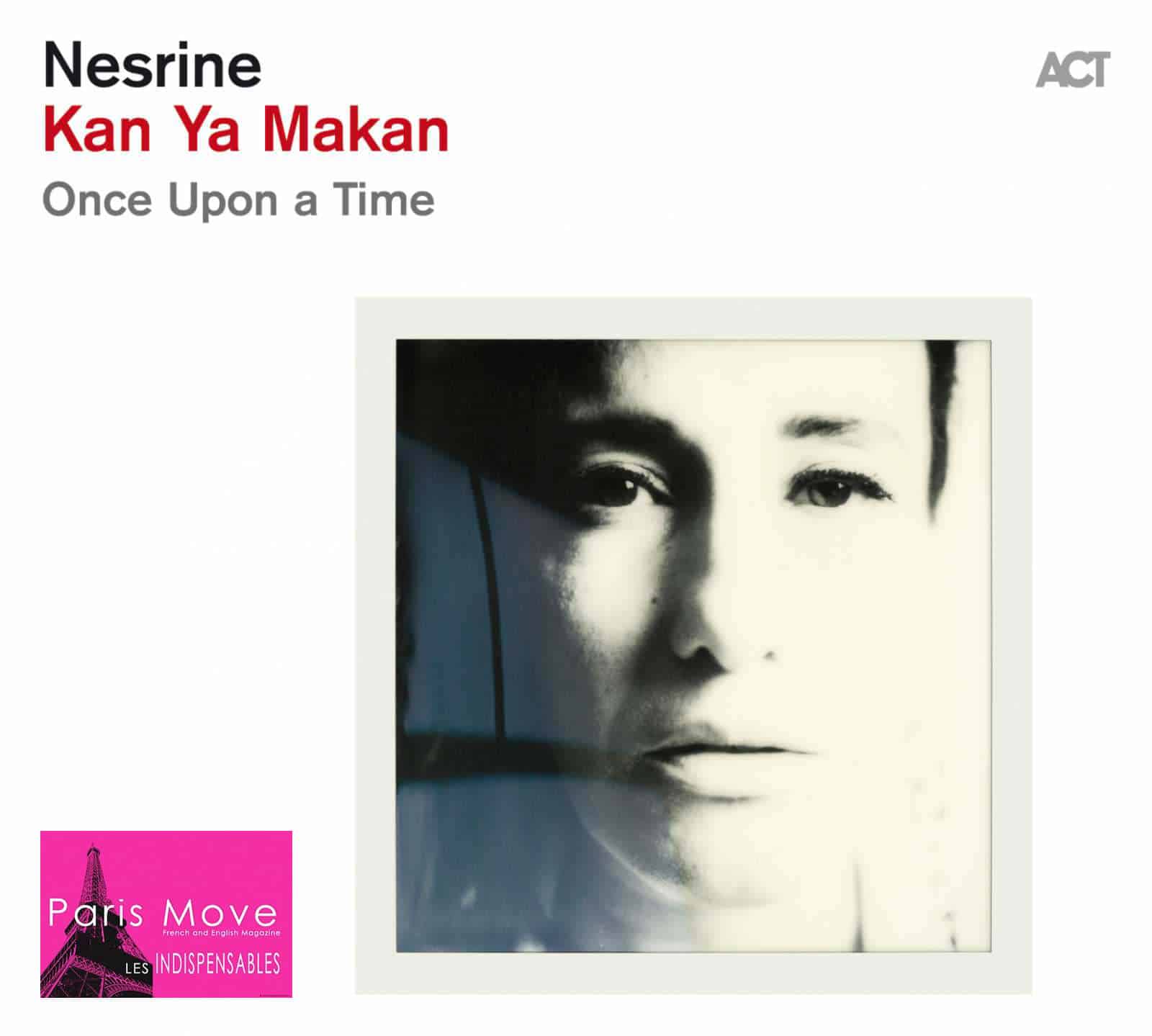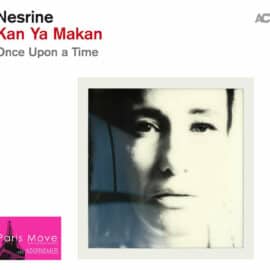| World Jazz |

Nesrine has established herself as an essential artist in the European jazz/world music scene with two albums. Of Franco-Algerian culture, it is certainly on this third album that she makes the best synthesis between her creative power and her cultures, which go far beyond mere stories of countries. I had been keeping an eye on social media for a while, as I had been eagerly waiting for a new album, and even though I studied that wonderful instrument, the cello, as a child, what interests me about Nesrine is the duality/complementarity between her very direct style of cello playing and the fragility in her voice, which makes her a unique artist, especially since the lyrics also carry real significance, making her a discreet yet engaged artist. ‘Kan Ya Makan’ focuses more closely: ‘My previous albums were more about my view of the world,’ explains Nesrine. ‘This one tells my personal story. Many of the tracks are about close relationships between me and other people. But also about myself. In *Dunia*—which means “life” in Arabic—I tell my whole life story, from childhood to today.’ What is clearly noticeable is how Nesrine’s very diverse musical and personal influences are now unified and closer together. For the first time, she also sings in two different languages, Arabic and French, in the same song. She states, ‘I firmly believe in this kind of connection and the possibilities it opens. It’s a true reflection of myself and a release. I don’t have to choose a side; I can be both.’
Yes, dear Nesrine, especially since there are certainly not many people who don’t understand one or the other of the languages you sing in. Indeed, it allows for a connection and enables the texts to be appreciated in their literary or poetic aspects. If classical music has served Nesrine’s wildest dreams, it’s by transcending all boundaries and ultimately offering a form of art that is entirely her own, totally inimitable. After all, Nesrine embodies the best of both Francophone and Algerian cultures, without seeking to define herself beyond her biculturalism—a richness that she pushes to its fullest potential. How can one resist the magnificent song *Bonnie & Clyde*? The cello part in « Bonnie & Clyde » references the prelude of Johann Sebastian Bach’s *Cello Suite No. 1*, while elsewhere, there are references to Serge Gainsbourg combined with Arabic rhythms; confident vocal passages, with subtle vocal treatments, are integrated into the complexity of layered cello motifs. Nesrine uses her instrument’s classical heritage in a very varied way, creating bass lines, textures, arpeggios, melodic lines—and layers them into elaborate structures of complex clarity. ‘The cello is my constant companion,’ Nesrine explains. ‘It’s usually the starting point when I compose; everything else builds around it. Sometimes, I have a vocal melody in mind, and it’s only later that I integrate the cello.’
We can congratulate all the artists who contributed to this album: Nesrine/ vocals, cello; Vincent Huma/ guitar; Grégoire Musso/ bass, keyboards; Anissa Nehari/ percussion; Rhani Krija/ percussion; Paco Soler/ trombone. This album benefits from remarkably well-executed production. It is clear that Nesrine is undoubtedly one of the greatest artists on the international scene, whose compositions, lyrics, voice, and extraordinary cello playing are equally appreciated. She freely uses lovely pizzicatos for our enjoyment on the song *Toi*, proving that songs about love don’t have to be overly sentimental. This album hasn’t left me since I received it, probably because it reminds me the most of the Europe I left, where cultural diversity has been one of the most beautiful things highlighted since the early 1980s. It took until the 2000s to see the arrival of its most elegant representative”, Nesrine!
Thierry De Clemensat
USA correspondent – Paris-Move and ABS magazine
Editor in chief Bayou Blue Radio, Bayou Blue News
PARIS-MOVE, September 30th 2024
Follow PARIS-MOVE on X
::::::::::::::::::::::
